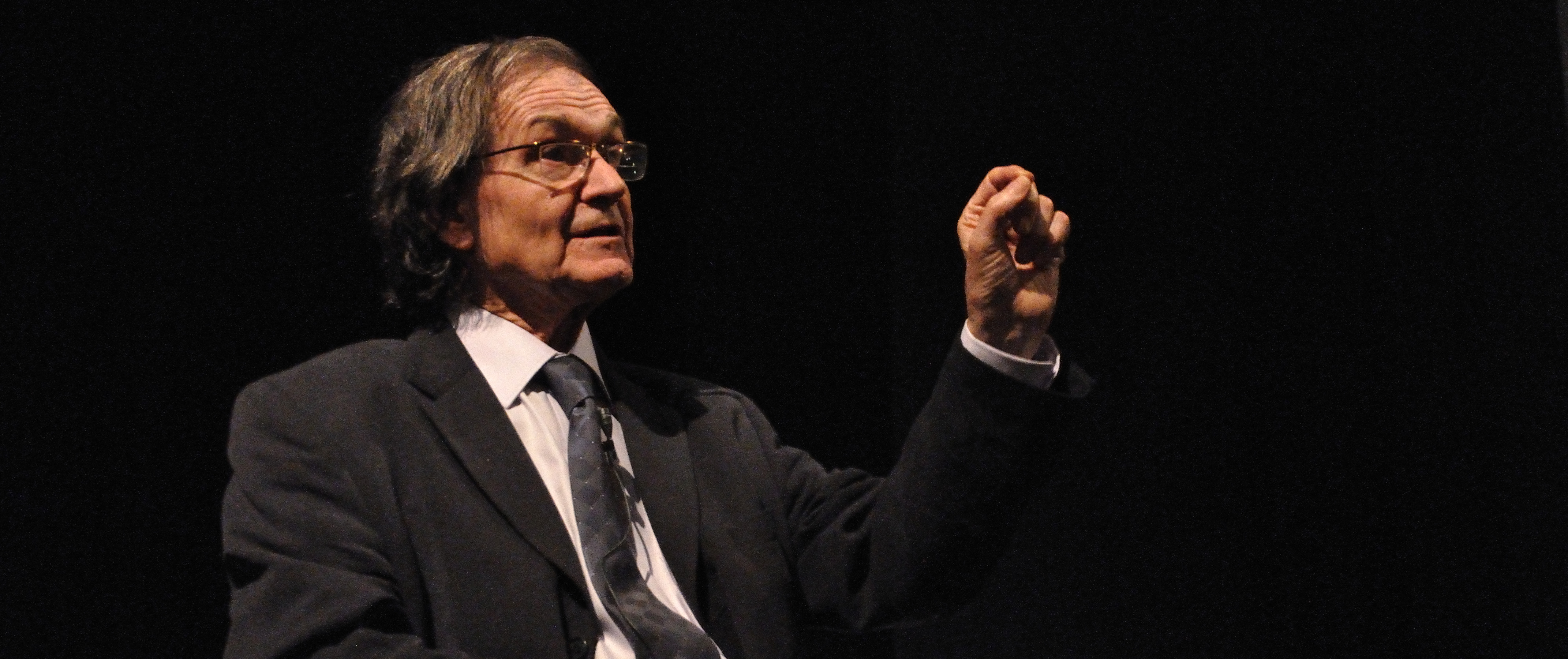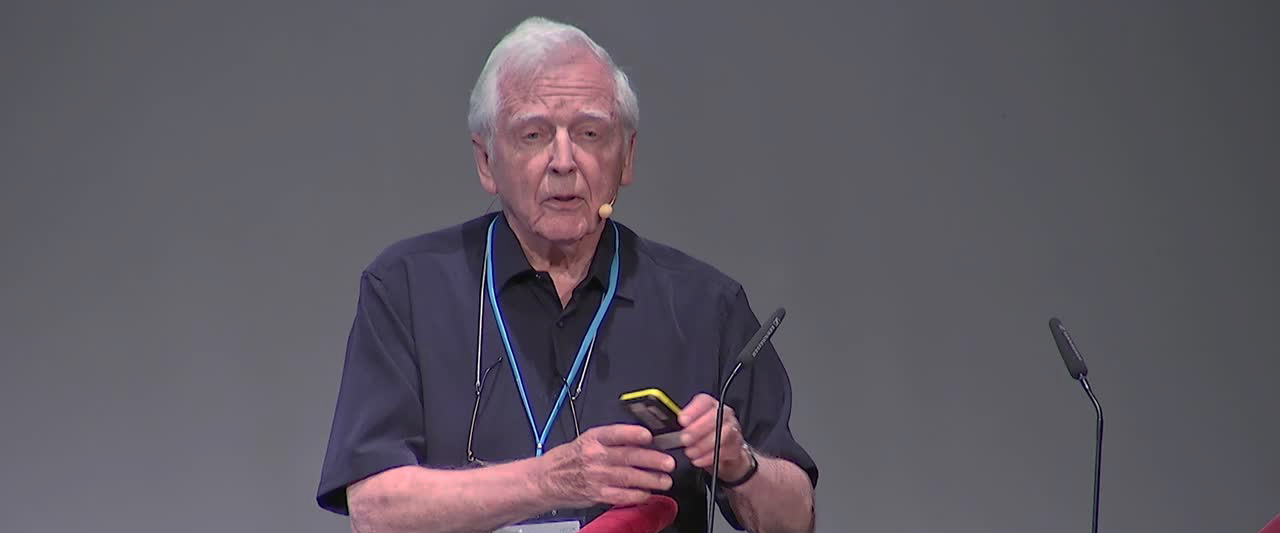26 April 2023. Salvatore Piscuoglio, University of Basel
Augmenting precision oncology using in silico tools and patient-derived 3D models
On Wednesday the 26th of April 2023 at 4.30 pm, Salvatore Piscuoglio, of the University of Basel will give a seminar entitled Augmenting precision oncology using in silico tools and patient-derived 3D models in the Seminar Room of the Unit of Immunology and General Pathology of the Department of Medicine (in the Golgi/Spallanzani Institute in via A Ferrata 9). The seminar will describe how progress in understanding the genetic and epigenetic make-up of individual tumours may result in therapies tailored to individual patients. These 'targeted therapies' have already proved to be more effective and less toxic than traditional chemotherapy or radiation therapy employed for decades in the treatment of several types of cancer. The poster of the seminar is available here.
_____________________________________
Abstract
Human cancers are underpinned by molecular aberrations and show remarkable molecular and clinical heterogeneity. The identification of genetic aberrations that contribute to carcinogenesis and can be exploited either as diagnostic markers and/ or therapeutic targets is vital to the optimization of the clinical management of patients. Patient-derived organoids (PDOs) have been shown to retain the molecular features of the original tumors and to better resemble tumor heterogeneity than traditional two-dimensional cell culture methods derived from single cell clones. They are thus frequently used as ex vivo preclinical models for drug response prediction. This seminar focuses on defining clinically relevant predictive biomarkers of response to therapy and discovering novel drug targets using a multi-modality approach, incorporating computational predictions, multi-omics with ex vivo drug profiling.
References
[1] Bianco G, Coto-Llerena M, Gallon J, Kancherla V, Taha-Mehlitz S, Marinucci M, Konantz M, Srivatsa S, Montazeri H, Panebianco F, Tirunagaru VG, De Menna M, Paradiso V, Ercan C, Dahmani A, Montaudon E, Beerenwinkel N, Kruithof-de Julio M, Terracciano LM, Lengerke C, Jeselsohn RM, Doebele RC, Bidard FC, Marangoni E, Ng CKY, Piscuoglio S. GATA3 and MDM2 are synthetic lethal in estrogen receptor-positive breast cancers. Commun Biol. 2022 Apr 19;5(1):373. doi: 10.1038/s42003-022-03296-x. Erratum in: Commun Biol. 2022 Jul 4;5(1):658. PMID: 35440675; PMCID: PMC9018745.
[2] Taha-Mehlitz S, Bianco G, Coto-Llerena M, Kancherla V, Bantug GR, Gallon J, Ercan C, Panebianco F, Eppenberger-Castori S, von Strauss M, Staubli S, Bolli M, Peterli R, Matter MS, Terracciano LM, von Flüe M, Ng CKY, Soysal SD, Kollmar O, Piscuoglio S. Adenylosuccinate lyase is oncogenic in colorectal cancer by causing mitochondrial dysfunction and independent activation of NRF2 and mTOR-MYC-axis. Theranostics. 2021 Feb 15;11(9):4011-4029. doi: 10.7150/thno.50051. PMID: 33754045; PMCID: PMC7977451.
[3] Montazeri H, Coto-Llerena M, Bianco G, Zangene E, Taha-Mehlitz S, Paradiso V, Srivatsa S, de Weck A, Roma G, Lanzafame M, Bolli M, Beerenwinkel N, von Flüe M, Terracciano LM, Piscuoglio S, Ng CKY. Systematic identification of novel cancer genes through analysis of deep shRNA perturbation screens. Nucleic Acids Res. 2021 Sep 7;49(15):8488-8504. doi: 10.1093/nar/gkab627. PMID: 34313788; PMCID: PMC8421231.
[4] Srivatsa S, Montazeri H, Bianco G, Coto-Llerena M, Marinucci M, Ng CKY, Piscuoglio S, Beerenwinkel N. Discovery of synthetic lethal interactions from large-scale pan-cancer perturbation screens. Nat Commun. 2022 Dec 14;13(1):7748. doi: 10.1038/s41467-022-35378-z. PMID: 36517508; PMCID: PMC9751287.
Biographical Sketch
Salvatore Piscuoglio obtained his degree in Biotechnology at the University of Naples “Federico II” and his PhD in Genetics at the University of Basel. After completing his studies, Dr. Piscuoglio joined the Memorial Sloan Kettering Cancer Center as a postdoctoral researcher, where he worked on the characterization of human cancers using omics technologies for the discovery new biomarkers and therapeutic targets and the elucidation of genotype-to-phenotype associations. After the completion of his postdoctoral training, Dr. Piscuoglio became a group leader at the Department of Biomedicine (University of Basel). Currently, Dr. Piscuoglio's research focuses on defining clinically relevant predictive biomarkers of response to therapy and discovering novel drug targets using a multi-modality approach, incorporating computational predictions, multi-omics with ex-vivo drug profiling. To enable drug profiling on ex-vivo models representative of the molecular diversity of cancers, his lab has processed >500 tumors and generated >100 patient-derived organoids from diverse tumor entities. To better mimic the pathophysiological microenvironment of cancer, his lab is also generating 3D models that maintain tumor tissue architecture. These models are being used for multi-omics profiling, large-scale drug screening and toxicity studies, and the discovery of targetable cellular interactions.
Image
Analysis of a histological section of a human tumours for multiple components (markers) provides useful information about the properties of tumour cells.












